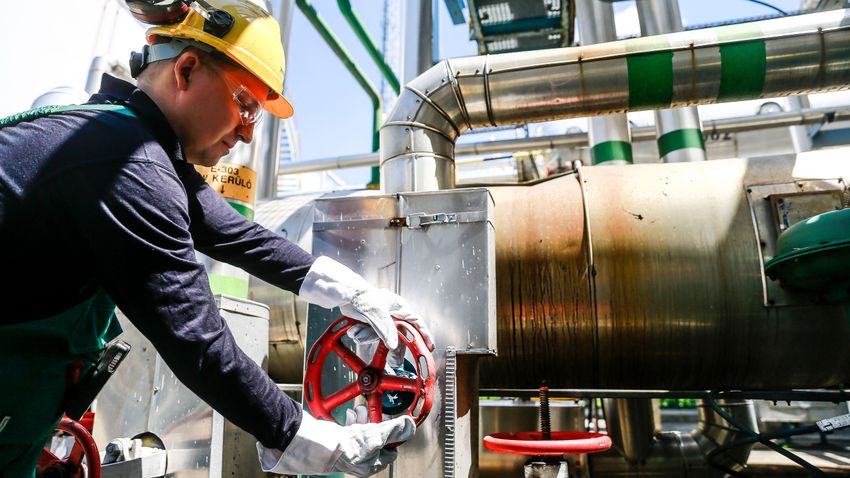MOL, Hungary’s international oil and gas company, is currently able to refine up to 30-40 percent of non-Russian crude oil in its refineries in Slovakia and Hungary, with this figure expected to reach 100 percent by the end of 2026, according to Viktor Sverla, MOL’s head of strategy and sustainability.
Back in 2023, Zsolt Hernádi, the president of MOL, had said the company would be able to choose to use Russian or non-Russian crude oil in its refineries by the end of 2025 or the beginning of 2026.
Sverla says investments are underway but there are delays due to unforeseen hurdles in implementing the 24 projects for modernizing the refineries, including requiring additional logistics investments in storage and blending capacities.
Meanwhile, whereas the company had said the projects would cost $500 million to $700 million in 2023, Sverla claims the cost will come in at the lower end of this range.
Additionally, MOL is in talks with Croatian oil pipeline operator Janaf about a long-term contract to transport crude through the Adriatic pipeline, although no details were provided on this.
“We are not really satisfied with the current transit fees and we hope to reduce these fees in the future, but it is more important for us to enter into a long-term contract,” he said.
When asked whether MOL was prepared for the expiry of the exemption granted by the European Union to Slovakia for the export of fuel produced from Russian oil on Dec. 5, Sverla said that “if necessary, MOL can increase the proportion of non-Russian crude oil in its Slovakian refinery to 50 percent.”






